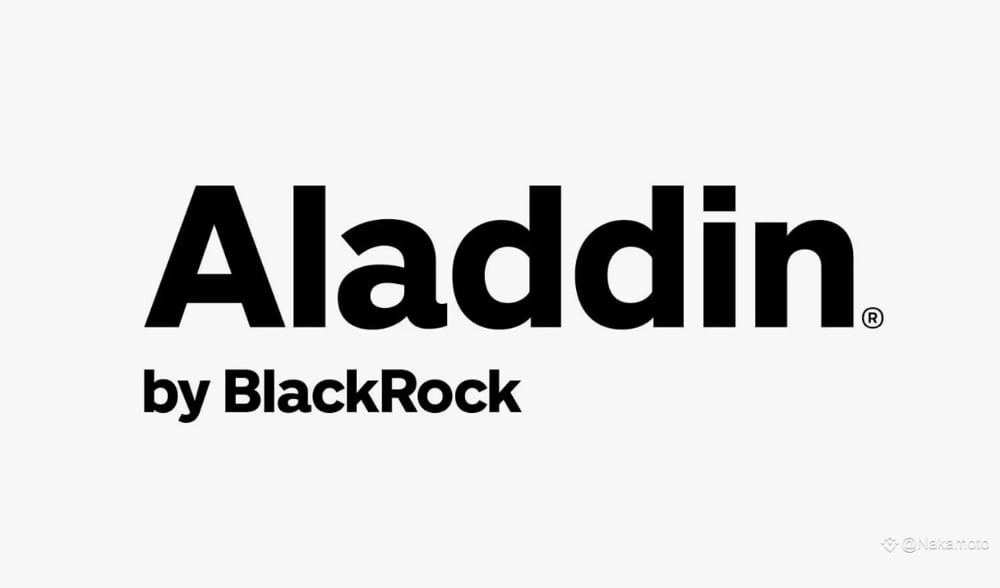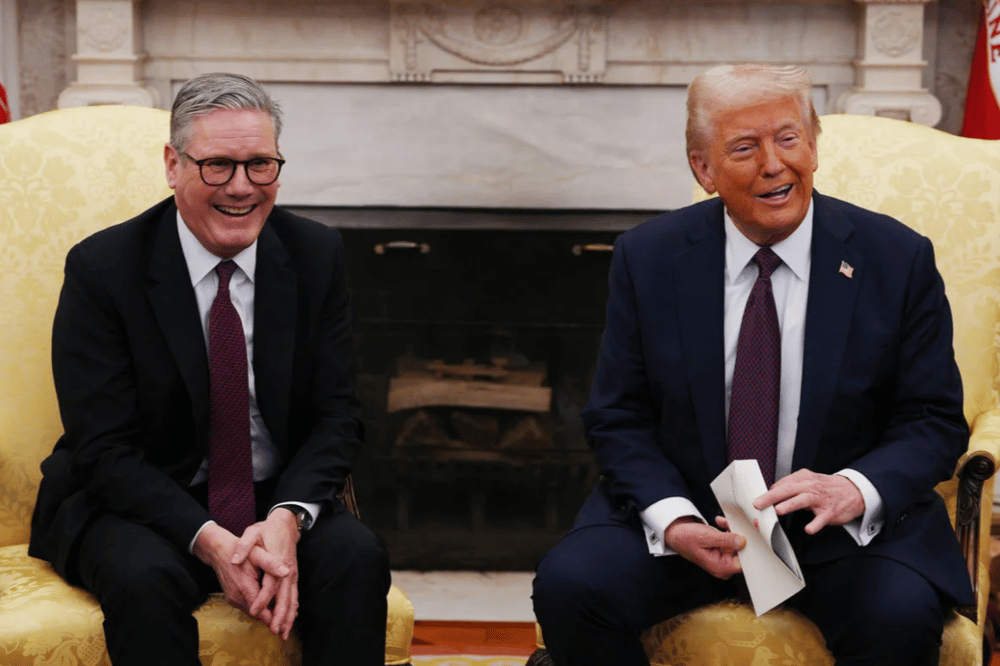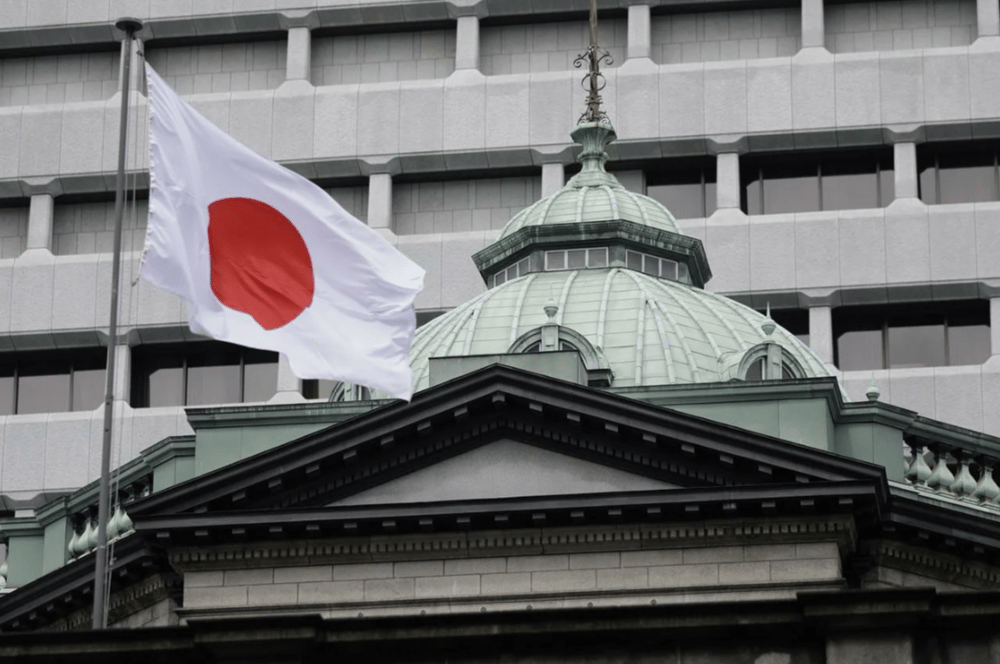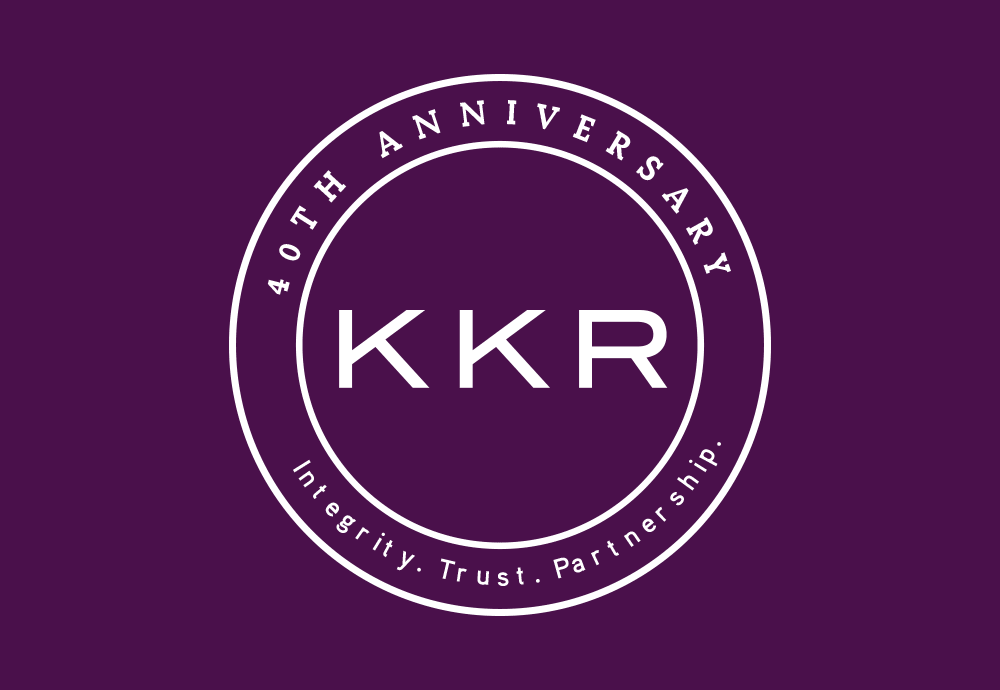Etihad Airways Stays Aloft Amid U.S. Tariff Turbulence: An Analytical Overview
Etihad Airways, the national airline of Abu Dhabi, has managed to sidestep the initial shocks stemming from U.S. President Donald Trump’s aggressive tariff policies. In a recent interview with Reuters, Etihad’s CEO Antonoaldo Neves indicated that the company has not experienced immediate impacts, although he emphasized that it remains too early to fully gauge the longer-term consequences of the new trade measures.
The unfolding trade policy narrative—marked by sweeping tariffs and a temporary halt on their implementation earlier this month—has injected a significant dose of uncertainty into global markets. Investors, economists, and policymakers alike are now grappling with the potential for a broader economic slowdown, should protectionist tensions escalate further.
Navigating a Shifting Global Landscape
Etihad Airways' resilience highlights a broader theme in the global aviation sector: the capacity of well-positioned carriers to weather macroeconomic storms. Despite heightened geopolitical risks and market volatility, certain operational and strategic factors are helping Etihad maintain its course.
Several key points are crucial in understanding why Etihad has not yet been impacted:
Geographic Advantage: Being based in the Middle East allows Etihad to operate in routes less immediately exposed to U.S. trade frictions.
Diverse Market Exposure: The airline services a global network that dilutes dependence on any single economic region.
Operational Efficiency: Recent restructuring efforts have streamlined costs and improved flexibility.
Strategic Partnerships: Codeshare agreements and alliances bolster Etihad’s resilience to external shocks.
Strong Capital Backing: Support from the Abu Dhabi government ensures financial stability during volatile periods.
These elements collectively buffer Etihad against the immediate consequences of the U.S.-driven tariff upheaval.

Key Turbulence Points in the Global Economy
The broader backdrop remains fraught with uncertainties that could eventually ripple into the aviation sector, including:
Supply Chain Disruptions: Tariffs raise input costs, affecting everything from aircraft manufacturing to in-flight catering.
Weakened Consumer Demand: Economic downturns typically lead to reduced discretionary spending, impacting travel budgets.
Currency Volatility: Trade tensions often trigger fluctuations in foreign exchange markets, affecting international operations.
Higher Fuel Prices: Tariff wars can indirectly pressure oil markets, leading to costlier jet fuel.
Political Instability: Widening protectionist policies may stoke regional instabilities, further complicating global air traffic flows.
While Etihad has thus far navigated clear of immediate trouble, the airline—and the aviation sector as a whole—remains vigilant as the situation develops.
Final Thoughts: Stability Today, Uncertainty Tomorrow
Etihad Airways’ current insulation from the fallout of U.S. tariff policies is a testament to its robust strategic planning and diversified exposure. However, with the global economy delicately poised, the airline must remain nimble to adapt to any potential shifts. In an environment where policy reversals and trade negotiations are shaping market sentiment daily, resilience is an invaluable asset.


















Comments